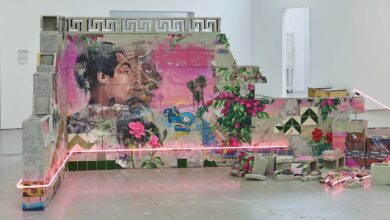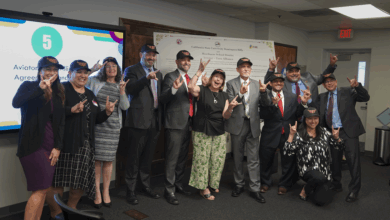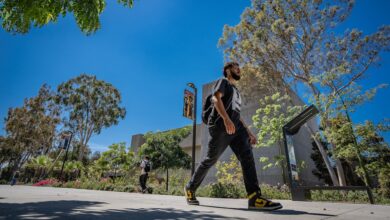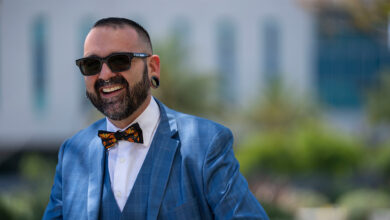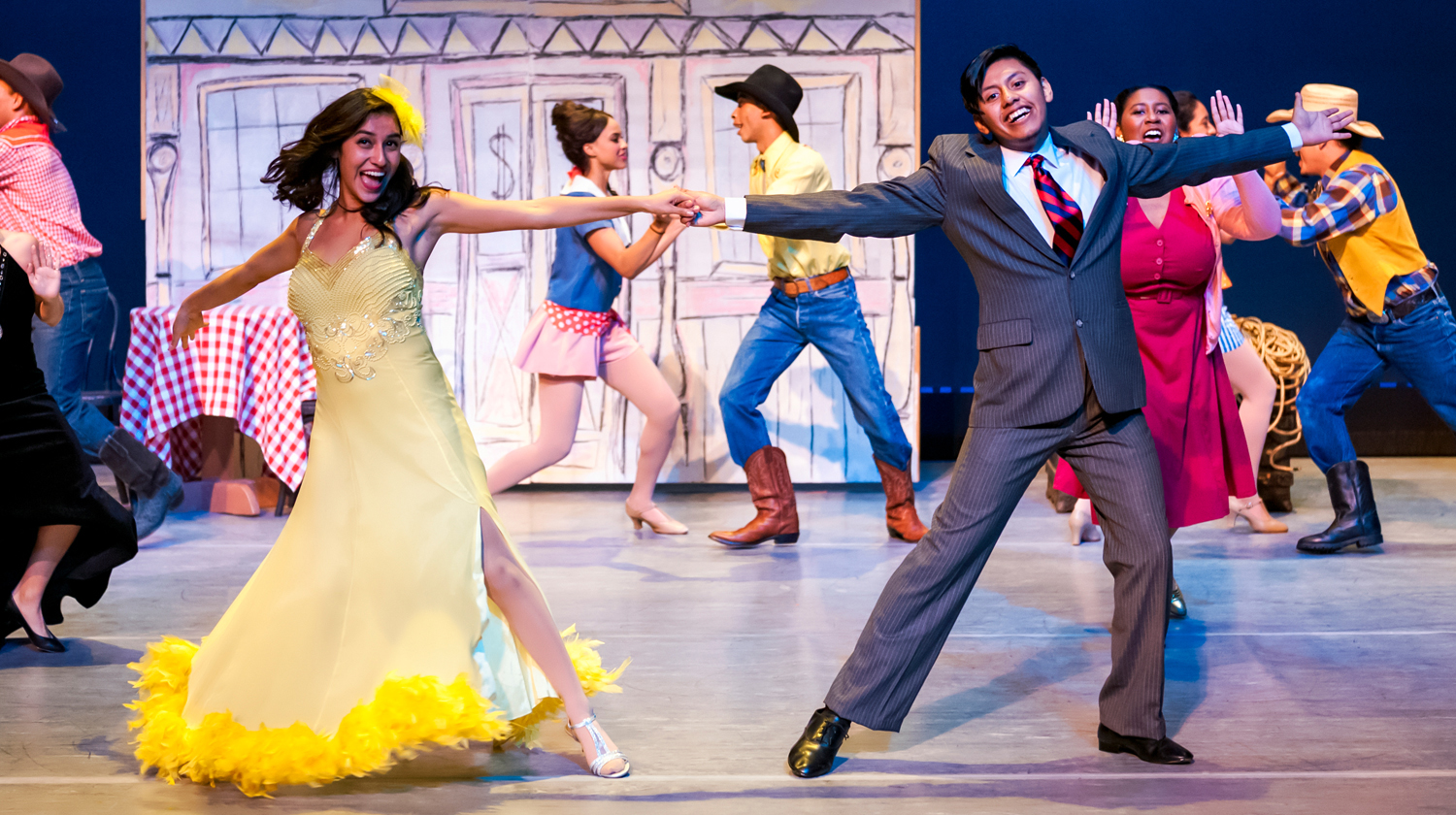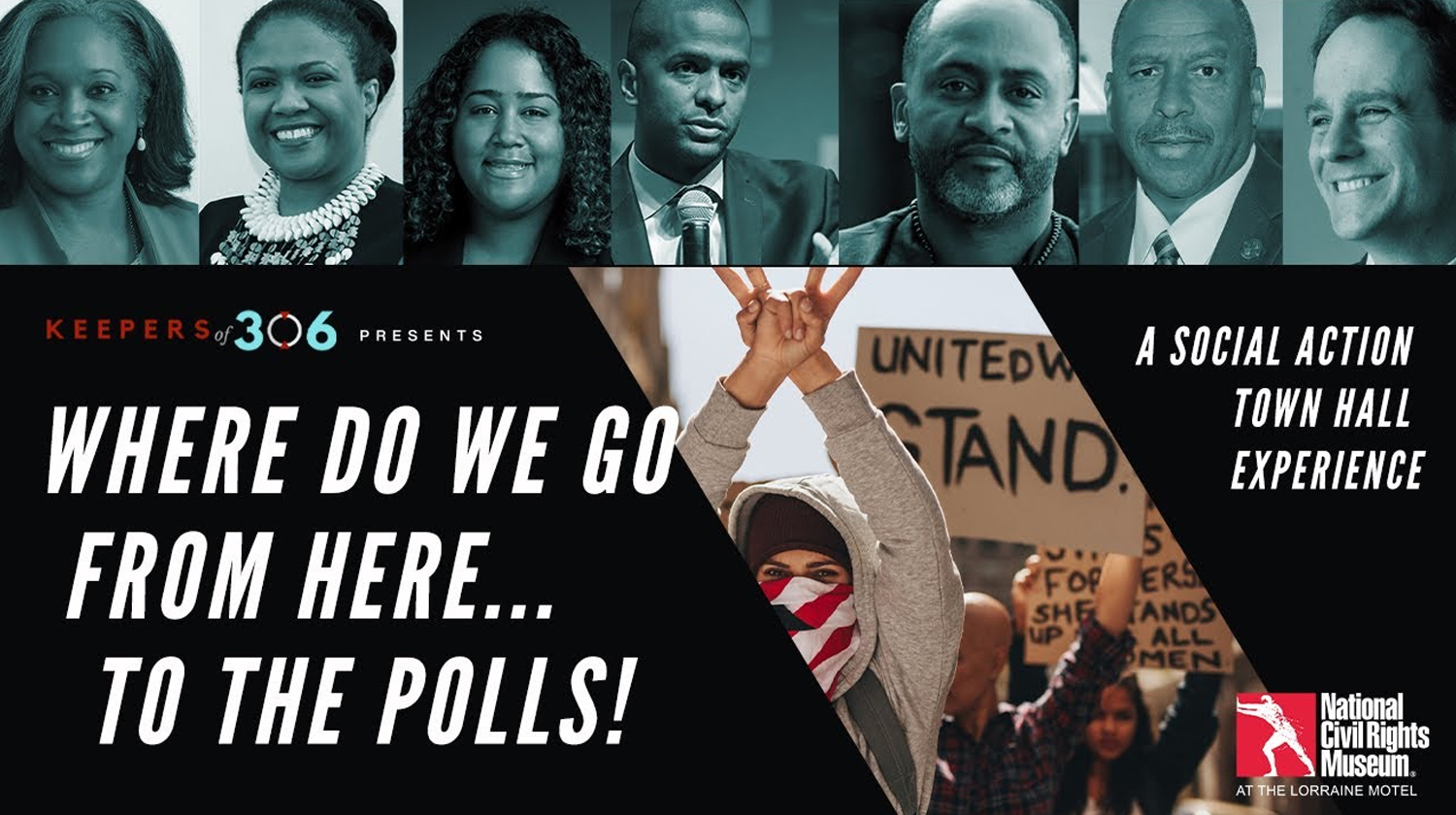 California State University, Dominguez Hills (CSUDH) President Thomas A. Parham participated in a national town hall discussion on the value of voting as a means of creating substantive change hosted by Keepers of 306, an initiative of the National Civil Rights Museum (NCRM) on June 30.
California State University, Dominguez Hills (CSUDH) President Thomas A. Parham participated in a national town hall discussion on the value of voting as a means of creating substantive change hosted by Keepers of 306, an initiative of the National Civil Rights Museum (NCRM) on June 30.
Moderated by Tracie Potts, senior Washington correspondent for NBC News Channel, “Where do we go from here? To the polls,” included Parham, along with Rabbi Jonah Pesner, director of the Religious Action Center of Reform Judaism in Washington, DC; Tennessee State Senator Raumesh Akbari, and Rev. Earle Fisher, pastor, educator, and founder of UP the Vote 901.
During the panel discussion, Parham and the other speakers offered their opinions on a wide range of voting-related topics. Parham spoke to the need to create a “social norm” that places voting in its proper context as a driver of social change. “For me the biggest challenge is psychological,” he said. “It is what I call the need for mental liberation – being able to take the shackles off people’s brains.”
He called for progressive leaders to “Instill in generations of people that there is no greater act of individual agency and empowerment than voting – than being able to turn your echo into a voice.” Parham cautioned against letting the slow pace of change deter people from voting or quell the enthusiasm that people are feeling right now.
Parham added that voting matters because we need to have leaders who are capable of making the changes that society demands. He commented on the crises we are living through by saying, “We’re getting a first-hand look at why leadership matters.”
Rabbi Pesner spoke of the necessity of non-people of color to join the fight for social justice. “If white people see the brutal violence and systemic racism against black and brown bodies, if we bear witness to that and we do anything other than organize and put our own bodies on the line for the sake of our family who are under assault, then we have abdicated our own humanity,” he said.
One of Fisher’s main themes was that “Registration is not the problem,” but getting people out to the polls and keeping them engaged with the process is where the hard work lies. “Registration is just step one,” he said. “What impacts low turnout, beyond the reality of voter suppression, and what renders our votes so anemic, is that we have not cultivated a progressive political infrastructure that educates, that engages, and that empowers people.”
Wrapping up the panel discussion, Potts asked the panelists to recommend one thing people can do to help society move forward positively. Akbari’s advice was to “Jump in with both feet, whether you’re running for office, supporting a candidate, or voting. That’s the only way you can really make the change you want to see.”
Parham concluded his remarks by asking people to get engaged. “Encourage people to vote. One person can make a difference and we’ve got to empower our people to believe that.”



